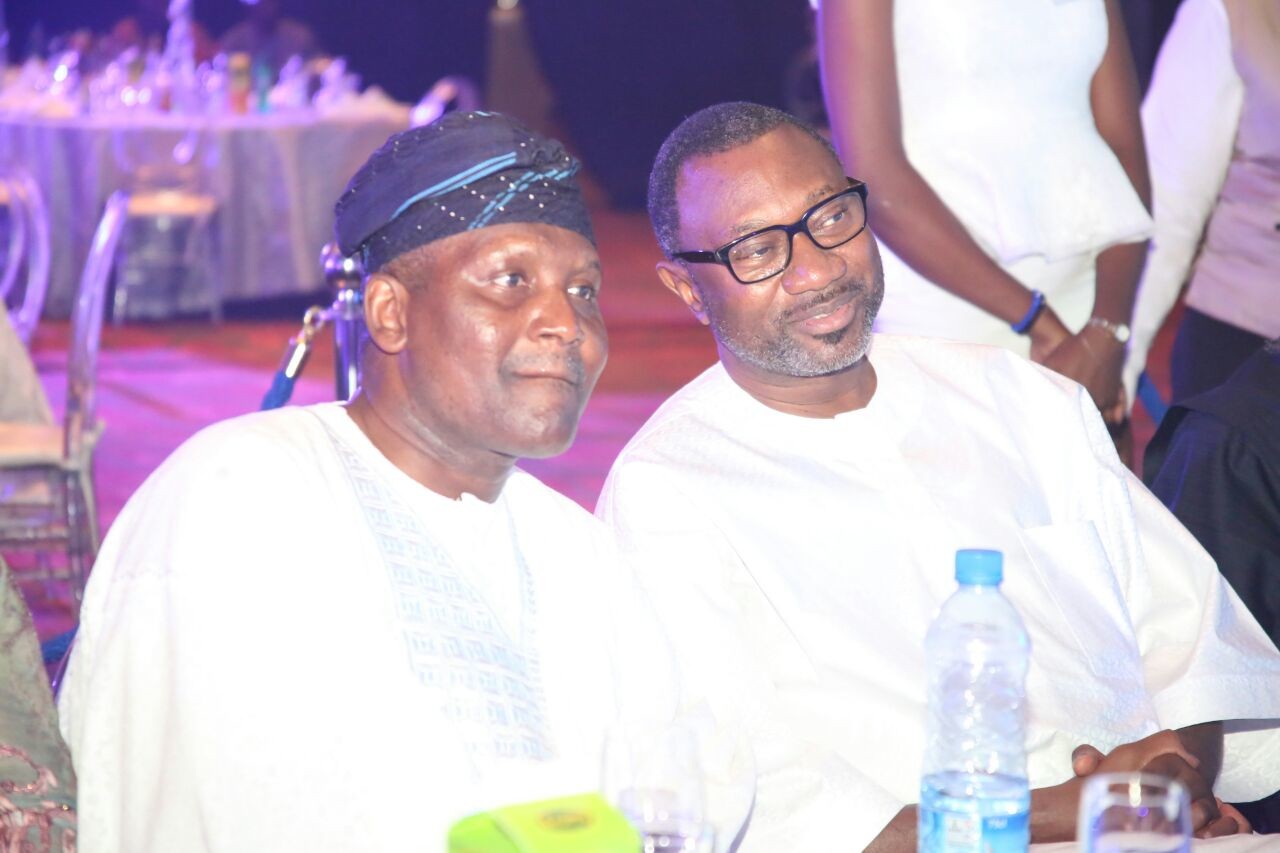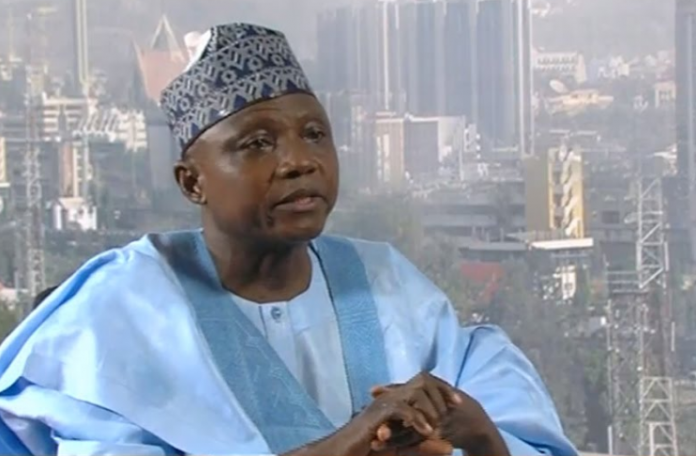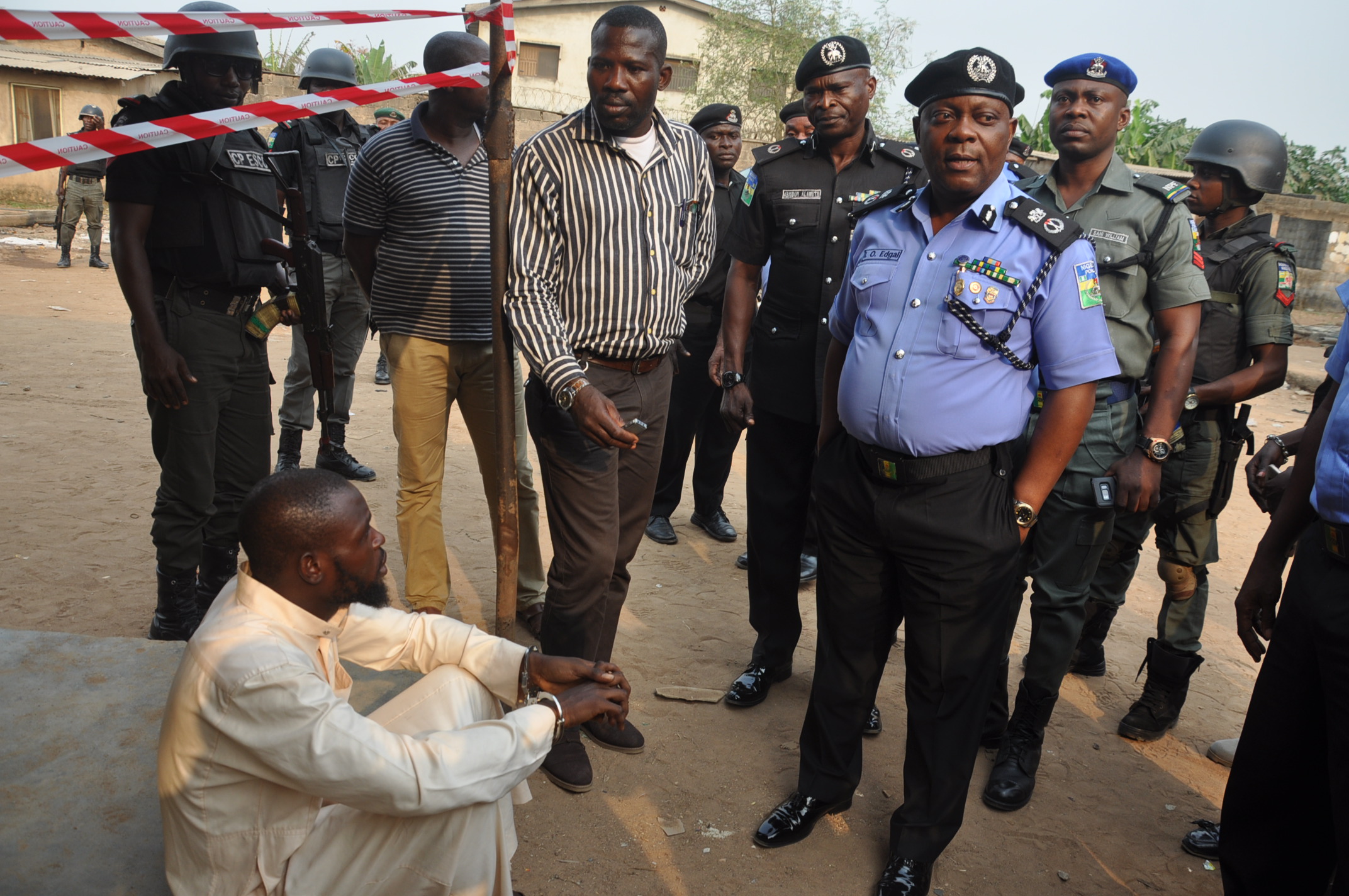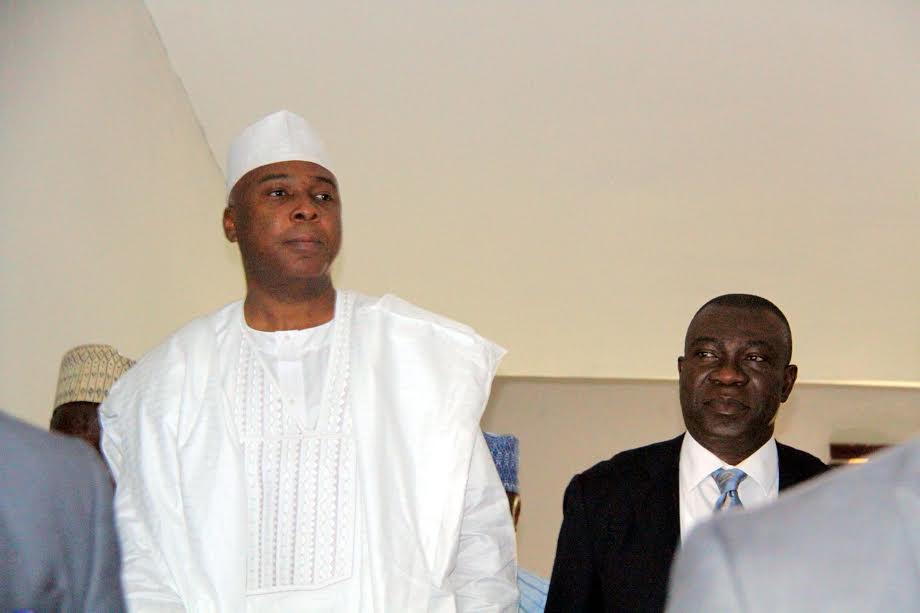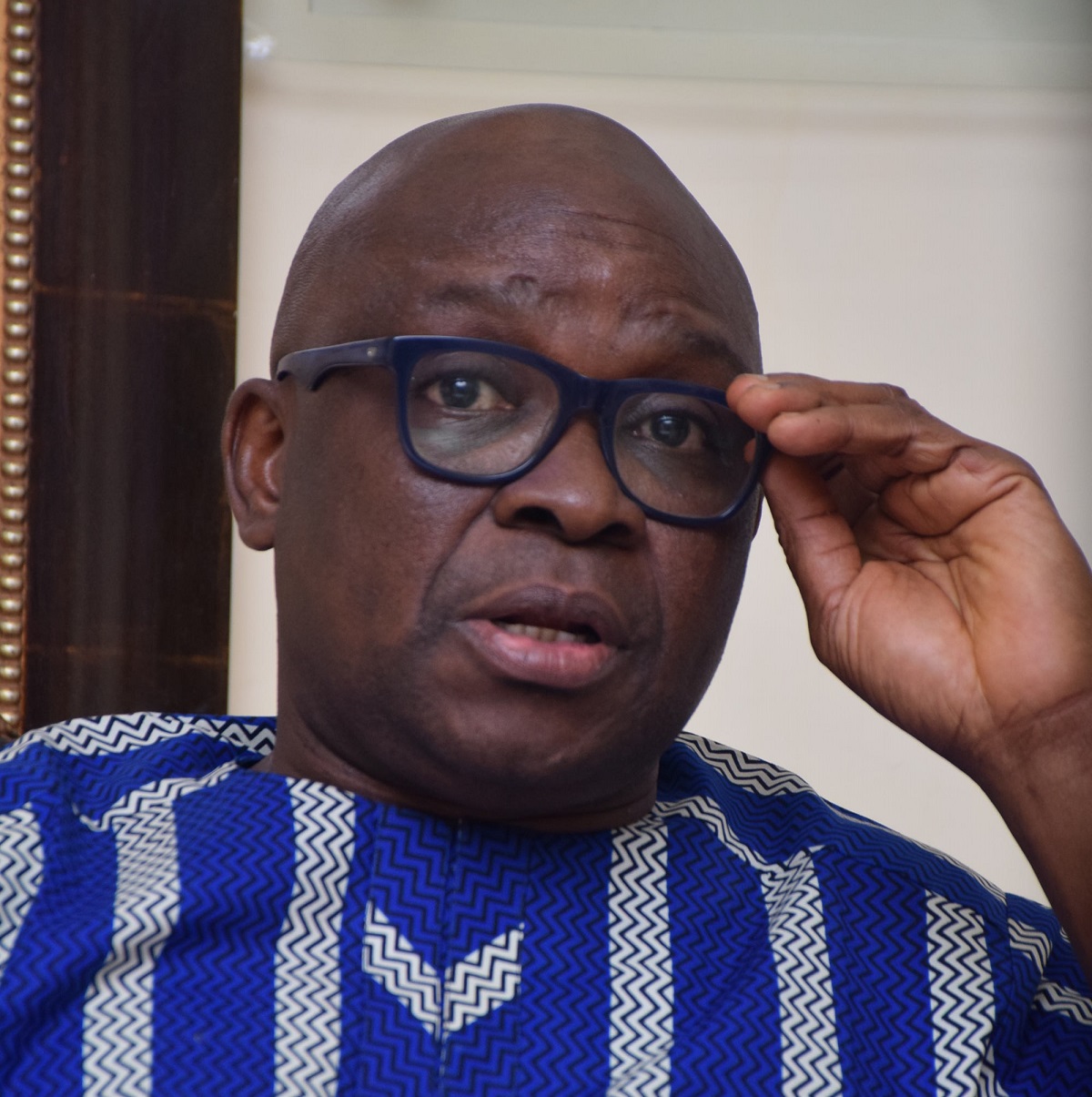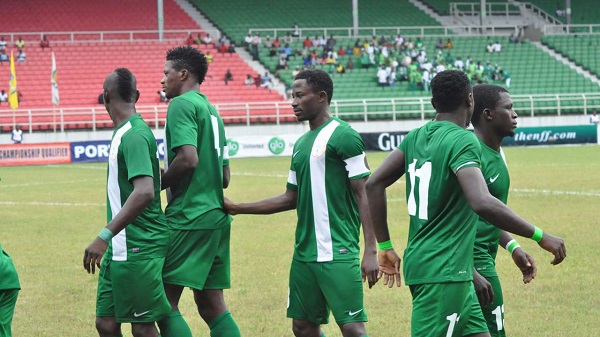Aliko Dangote and Femi Otedola
The National Bureau of Statistics (NBS) says 20 percent of the richest Nigerians got 46.63 percent of the national income in 2016.
According to the Snapshot of Inequality in Nigeria report released by the bureau, the “poorest of the poor” in the population consumed 2.56 percent of goods and services.
“With respect to consumption shares (and using consumption as a proxy for income), in 2004, the bottom 10% (poorest of the poor) of the population consumed 2.56% of goods and services, while the top 10% (super rich) consumed 26.59% of all goods and services.
“The richest 10% were responsible for 26.59% of national expenditure or income in 2016. This increased to 33.72% in 2013 but decreased to 31.09% in 2016.
Advertisement
“The top 20% were responsible for 42.40% of national income/expenditure in 2004. This increased to 48.28% in 2013 but declined to 46.63% in 2016.”
NBS said the biggest gainers between 2013 and 2016 when the economy was in a recession was the middle class.
“While no agreed standard definition of the Nigerian Middle class exists, for the purpose of this report we have classified Decile 01-03 as the lower class, Decile 04-07 as the middle class and Decile 08-10 as the upper class.
Advertisement
“Accordingly, the upper class was responsible for 58.39% of national income/expenditure down from 59.42% in 2013. The share of the upper class in national income had been rising between 2004 and 2013 before reducing in 2016.
“The middle class, on the other hand, accounted for 30.26% of national income/expenditure in 2016, higher than 29.14% in 2013. The share of the middle class had been declining between 2004 and 2013 in favour of the higher class but that reversed in 2016.
“Finally, the lower class accounted for 11.35% of national income/expenditure in 2016 lower than 11.43% in 2013.The biggest gainers of income/expenditure shares between 2013 and 2016 have therefore been the middle class, while the lower-class share remained constant while the high-class shares reduced.”
Advertisement
Add a comment

